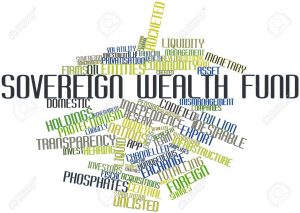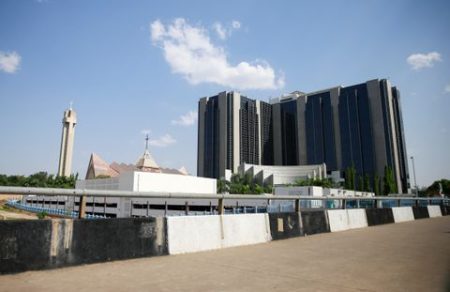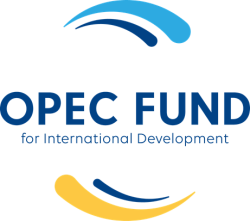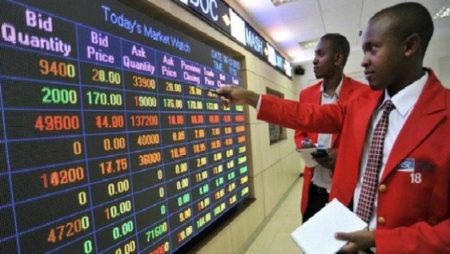 Oslo — Norway’s $1.3 trillion wealth fund, the world’s largest, should reduce the size of its global company reference index by between 25% and 30% to better follow up companies, primarily by removing small-cap stocks, the finance ministry proposed on Friday.
Oslo — Norway’s $1.3 trillion wealth fund, the world’s largest, should reduce the size of its global company reference index by between 25% and 30% to better follow up companies, primarily by removing small-cap stocks, the finance ministry proposed on Friday.
The move reflects the growing awareness among international investors about risk in the environmental, social and corporate governance (ESG) field, in which the Norwegian wealth fund has often set the pace.
The fund’s reference index would be cut to around 6,600 companies from 8,800 now, the ministry said in its annual recommendation to parliament.
The fund also should not add, for now, more companies from emerging markets, including from Saudi Arabia, in the index governing its investment, it said.
The fund currently holds stakes in around 9,100 companies, and a smaller reference index could, over time, lead to a cut in the number of companies owned.
“We see a high number of companies leads to higher costs … and leads to a more complex follow-up of companies,” Finance Minister Jan Tore Sanner told reporters.
“To reduce the number of companies … will to a very little extent increase the risk (for the return of the fund) and lead to a better follow-up.”
The fund pools the Norwegian state’s revenues from oil and gas production and invests them abroad in stocks, bonds, property and renewable-energy projects.
The government rules in a minority and must win the support of other parties in parliament to pass its proposals.
NO NEW EMERGING MARKETS
Friday’s proposal also said no new emerging markets should be included for now in the reference index.
Among others, “neither emerging markets Saudi Arabia nor Romania will be included in the fund’s reference index now”, said the ministry’s white paper.
The fund uses the FTSE Global All Cap index from the FTSE Russell index, which included Saudi Arabia in March 2019 and Romania in September 2020, as the basis for its own reference index.
“In emerging markets, there are, to a greater extent, weaker institutions, fewer protection of minority shareholders and so it is more challenging to have a responsible investment strategy,” Sanner told Reuters.
The fund held stocks in 24 Saudi companies worth 1.6 billion crowns ($188.1 million) as of the end of last year, according to fund data. The fund did not take part in the IPO of Saudi Aramco.
The financial impact will be negligible, said a banker in the Gulf who declined to be named due to the sensitivity of the matter.
“However, the messaging may be more important as other investors consider their position, and will require the Kingdom to accelerate its ESG efforts,” said the banker.
The fund’s management, Norges Bank Investment Management, can still invest in Saudi Arabia if it so decides.
But being excluded from the reference index means the fund would invest in fewer Saudi Arabian stocks, and other emerging- market stocks, than they would have had they been included.
The CEO of the Saudi Tadawul Group told Reuters last week that many of the Saudi companies had “a good ESG compliance activity”.
“The issue always is about the importance of disclosing them. We are trying to educate our Saudi issuers, Saudi corporates, about the disclosure importance and how to disclose them in the eyes of the rating agencies,” Khalid al-Hussan said.
(Additional reporting by Davide Barbuscia and Saeed Azhar in Dubai, editing by Terje Solsvik, Emelia Sithole-Matarise, Larry King)
Follow us on twitter



